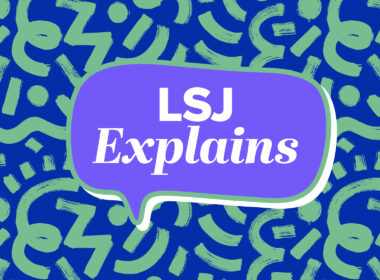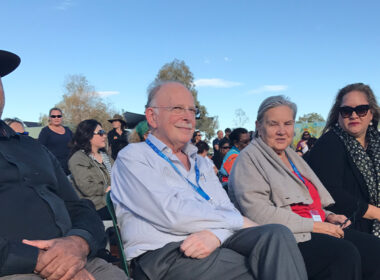The Council of the Law Society of NSW has resolved unanimously to support the proposal to enshrine an Aboriginal and Torres Strait Islander Voice in the Australian Constitution.
Law Society President Cassandra Banks said the Law Society Council’s statement acknowledges the diversity of opinion in the community, and within the Law Society’s membership, on this important matter, and notes all Australians will have the opportunity to express their view when asked to vote on the Referendum.
“The Law Society has also published on its website and on LSJ Online, additional material about the referendum and the issues it raises, to inform its members as well as the wider community,” Ms Banks said.
In a statement released on August 18, the Law Society Council said “One of the pillars of the Law Society of NSW’s Strategic Plan is to enable a just and accessible legal system, and, to this end, we encourage debate and actively drive law reform issues through our policy advocacy.”
“The Law Society’s advocacy on law reform in this area has been consistently informed by an understanding that the best policy outcomes on matters relating to Aboriginal and Torres Strait Islander peoples are achieved when the principles of selfdetermination, shared decision-making and genuine partnership are observed. In our view, the Voice to Parliament represents a clear and historic opportunity to enshrine in the Constitution a formal mechanism to give voice to those principles.
“We recognise that there are many views held across the country, by Indigenous and non-Indigenous people alike, regarding the merits of the enshrinement in the Constitution of a Voice to Parliament. We acknowledge that debates about the composition, resourcing, political authority, and enduring impact of the Voice will not be resolved until after the referendum process is complete, and that that is a source of concern for some.
“We particularly respect the views of Aboriginal and Torres Strait Islander people who have been waiting for decades for reconciliation and policy reform. We hope that, over coming months, debate on the referendum can be conducted in a respectful and courteous way, and that those who do not currently understand the proposal have the opportunity to understand it before the referendum takes place.”
The full statement can be read here.




